Our culture is inundated with messages about women and aging—and all of them perpetuate the same myth: that we diminish with age.
It’s the subtext in all the magazines, all the advertisements, in Hollywood movies and on TV: as you get older, you become less beautiful, less vital, less sexy. This myth makes a lot of companies a lot of money.
All those folks selling “anti-aging” cosmetics, “anti-wrinkle” skin creams, hair dyes that “hide your grays”---they all profit handsomely from our feelings of insecurity about getting older.

These feelings are based on ageism—the idea that age is less valuable than youth; that younger people are more alive, more beautiful, sexier and more interesting than older people.
It’s one thing to notice these messages when we see them in the media, or even to recognize when someone says something ageist to us like, “Wow! You don’t look (insert your age here)---you look great!”
But it’s a lot trickier to notice when we commit ageism against ourselves. We’ve absorbed these messages from the media and advertisers for years—so we often don’t even notice how they’ve influenced the ways we think about ourselves every day.
But we can start. We can catch ourselves, at the moment, when we’re being ageist toward ourselves—we can change the way we talk to ourselves.
And when we change the way we talk to ourselves, we change the way we feel.
"As we change the way we feel---we change the way we act, the way we carry ourselves, and even the way we appear to others. "
As we change the way we feel---we change the way we act, the way we carry ourselves, and even the way we appear to others. We become more confident, more magnetic, more comfortable in our own skin—which makes us more attractive.

Here are some ways I’ve learned to stop being ageist against myself---to treat myself in a way that’s in alignment with my own philosophy, instead of the messages I’ve absorbed from outside.
As I’ve practiced these things, I’ve found myself feeling so much happier—more vital, more beautiful, more confident. I bet you will too.
Pay attention to your thoughts when you look in the mirror. We greet ourselves in the mirror every morning. What happens when you see your reflection and you notice a sun-spot or a new crow’s foot line? Do you say to yourself, “Ugh, that’s bad; that’s no good”?
Do you immediately start thinking about what you’re going to do to fix it? I know I’ve done that—plenty.
But what would happen if you saw that new little smile line in the mirror one morning and you said to yourself, “Wow! Look at that—you can see what my eyes do when I laugh!” Or “I earned that one.”
Or even—imagine!—“Wow, that’s gorgeous.”
Practice saying it even if you don’t believe it yet. It can be tough to push back against messages we’ve spent decades absorbing.

None of us are going to just magically be able to look at a new wrinkle and go, “Wow! Sexy!” But every time we repeat something to ourselves, we reinforce it.
So if you keep repeating, Ugh, a wrinkle; ack, my skin’s a little more crinkly; yuck, I don’t like those new grays, you’re going to reinforce the idea that those things about yourself are bad, that you should feel anxious and insecure about them.
But if you practice talking to yourself differently—saying wow, look at that beautiful, elegant line—whether or not you actually believe it yet—you start giving yourself a different message.
After a while, if you keep reinforcing that new message, you’ll find you start to feel a lot better about yourself.
Read also:

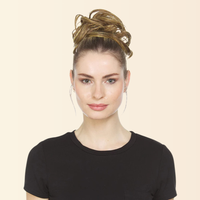
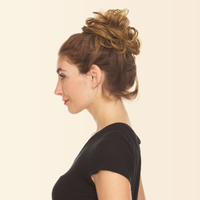
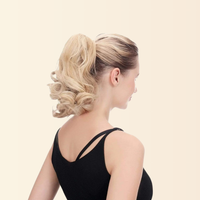
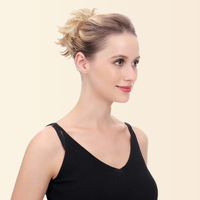


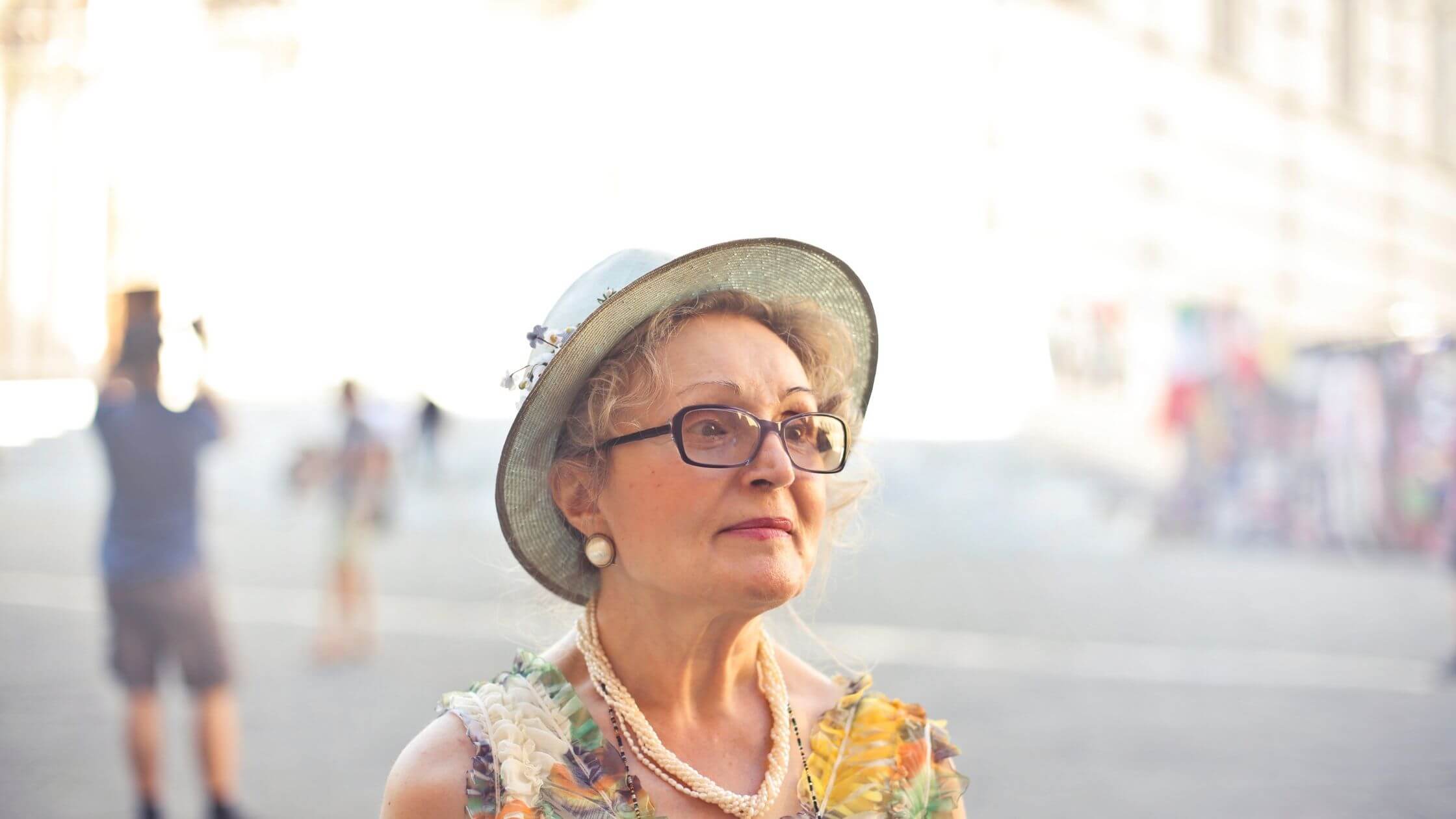

3 comments
Leave a comment
This site is protected by hCaptcha and the hCaptcha Privacy Policy and Terms of Service apply.